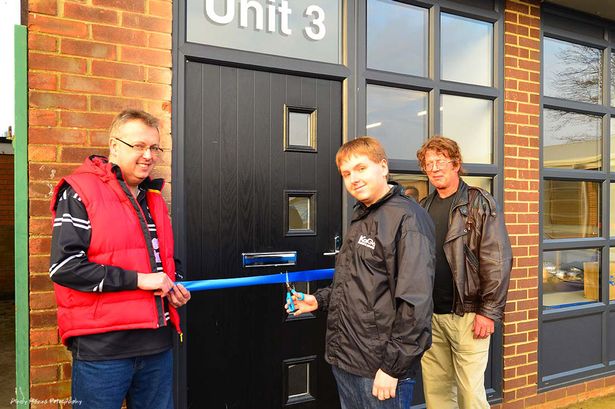Home
Funding Areas
About Us
"We know that the childcare system in Minnesota is broken and it's not a sustainable model," Trisha Lien, business development director for First Children's Finance in southwest Minnesota, tells the Minneapolis Star Tribune.
That's because, according to a First Children's Finance survey, just 13% of child care centers in the state have staff members who actually make more than dog walkers.
And that's not all: The last study showed that childcare providers in Minnesota on average make less than dog babysitters.
And that's not the only reason behind a child care shortage in rural areas.
"Many rural Minnesotans just can't afford to pay what it costs to provide child care," Lien says, noting that a child care provider in the metro area might charge a quarter what a provider charges in rural areas.
And that's not just a problem for parents in rural areas: It's also a problem for small-scale farmers, who often need a job off of the farm to make ends meet.
In fact, the US Department of Agriculture says 89% of farms in rural areas rely on off-farm sources for the majority of their household income.
And that's not just a problem for parents in rural areas: It's a problem
Selected Grant News Headlines
A customized collection of grant news from foundations and the federal government from around the Web.
Foundations Awards Nearly $170K In Grants To Bucks County Nonprofits.The grants support capital projects and recognize innovative programs to improve the lives of children, young adults, and...more
KU professor says we need an education system that lets students have more control over their learning.To help students thrive in the age of artificial intelligence, schools must shift their...more
Kelly Carrillo is the new director of child nutrition services for Moorpark Unified School District.Carrillo will officially begin her new role on Jan.1.She will focus on culinary innovation and...more
IEEE Lebanon and Rethinking Lebanon to empower youth and drive innovation | Digital Watch Observatory HomeUpdatesIEEE Beirut and Lebanon aim to create impactful programs and initiatives to contribute...more
Pradhan Mantri Rashtriya Bal Puraskar honours extraordinary accomplishments in seven categories: art and culture, bravery, innovation, science and technology, social service, sports and...more
India: President Murmu confers 17 children with Pradhan Mantri Rashtriya Bal Puraskar.The award honours extraordinary accomplishments in seven categories: art and culture, bravery, innovation,...more
Foundation: Google.org
" data-section-theme="" data-controller=" header"Data-current-styles=' {"layout": "navRight", "action": "", "buttonText": "Get Started", "newWindow": false, "menuOverlayAnimation": "fade",...more
Crayola, Space4All, Blue Origin's Club for the Future, Kennedy Space Center Visitor Complex Announce Partnership to Champion the Importance of Creativity in Space.Crayola Creativity Week is a free,...more
Call for 2025 AMCHP Annual Award Nominations Extended to January 13.Candidates must be able to record the lecture for distribution during the AM CHP Annual Conference in March 2025.Watch the...more
The Becker's Hospital Review website uses cookies to display relevant ads and to enhance your browsing experience.Sign up for our Free E-Newsletters to stay up to date on the latest hospital news.The...more
Children News from...
de Beaumont Foundation
Google.org
Social Entrepreneurship
Spotlight
Hexham Social Enterprise Launches Workshop to Provide Training for the Unemployed

A Gilesgate-based shop and community facility, Hexham’s Core Music, launches a separate workshop where up to six people will be trained how to repair guitars and make ukuleles. The European Social Fund grant supported the project and has secured funds through the County Durham Communication Foundation to equip the workshop in Burn Lane.








